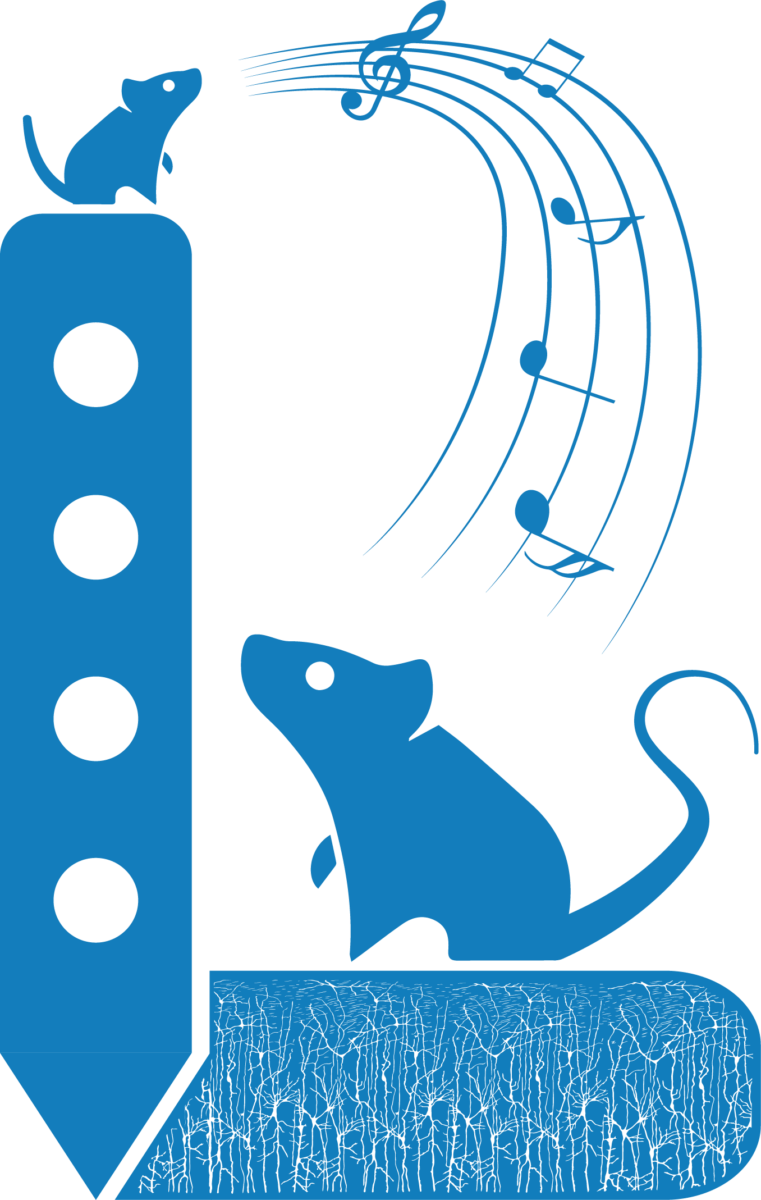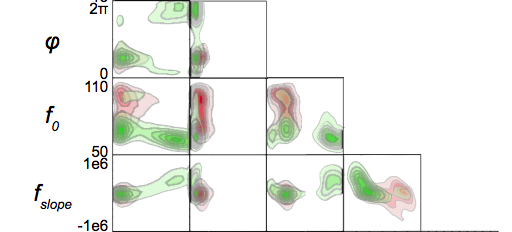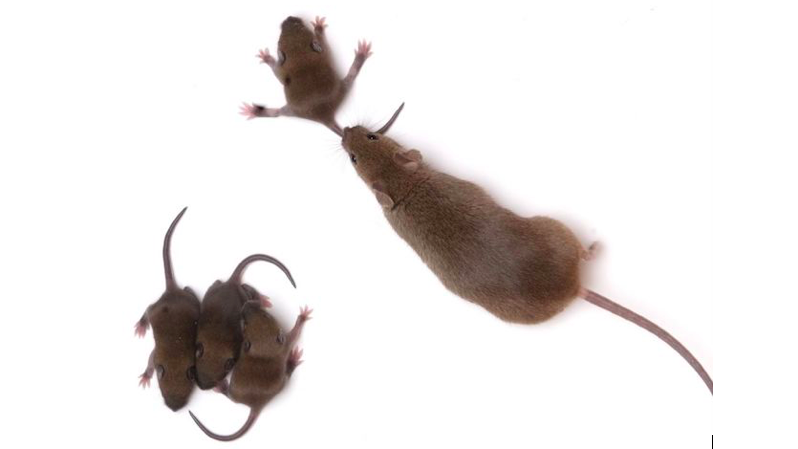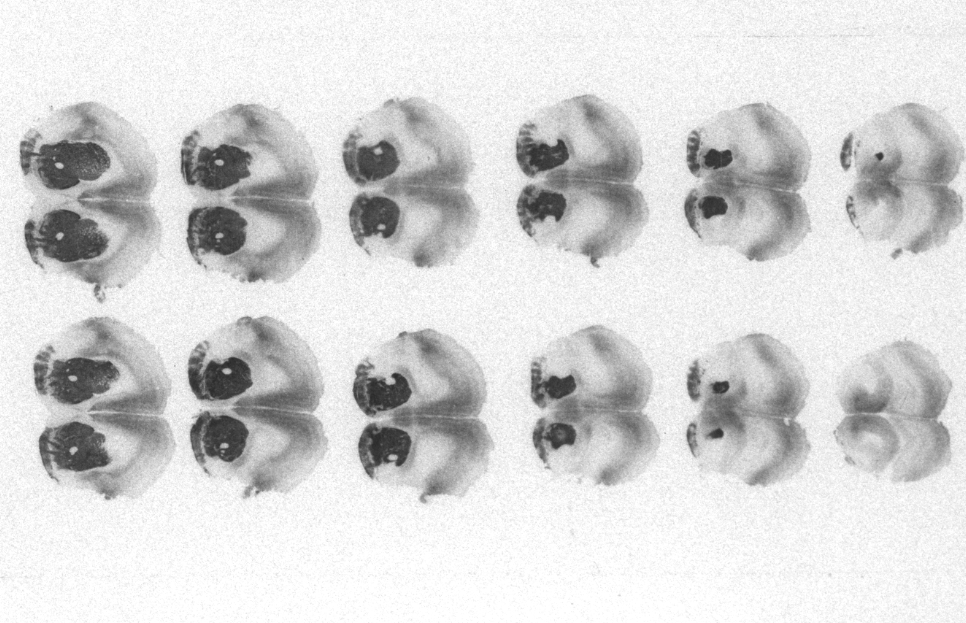Welcome to the World of Computational Neuroethology!
“Truth in science can be defined as the working hypothesis best suited to open the way to the next better one.” ~ Konrad Lorenz

-Our Research-

Cocktail Party Communication
How do auditory neural circuits give rise to acoustic sensitivity for socially meaningful sound categories? What features of the neural code reflect sound properties? How can neural representations be tolerant to acoustic variability and decodable in the presence of background noise? We investigate these questions by modeling the classic cocktail party in a maternal mouse model, where adult mice listen to streams of complex sounds associated with pups.

Social Sound Learning
How does the brain learn to identify socially meaningful sounds? Where does neural plasticity occur to facilitate behavioral responses to learned social sounds? We exploit an ethological communication system between mouse pups and adults to explore these questions. In a T-maze task, mice learn to approach novel, conspecific-associated sounds, while we use in vivo physiology, chemogenetics and optogenetics to elucidate learning mechanisms.

Neural Circuitry of Social Bonding
What are the neuromodulatory and neural circuit mechanisms behind the formation and maintenance of social bonds? Where and how does a key social neuropeptide, oxytocin, act to affect the neural activity mediating social interactions? We model prosocial behavior in prairie voles, which form lifelong pair bonds, and apply physiological and computational methods along with causal manipulations to uncover underlying mechanisms.